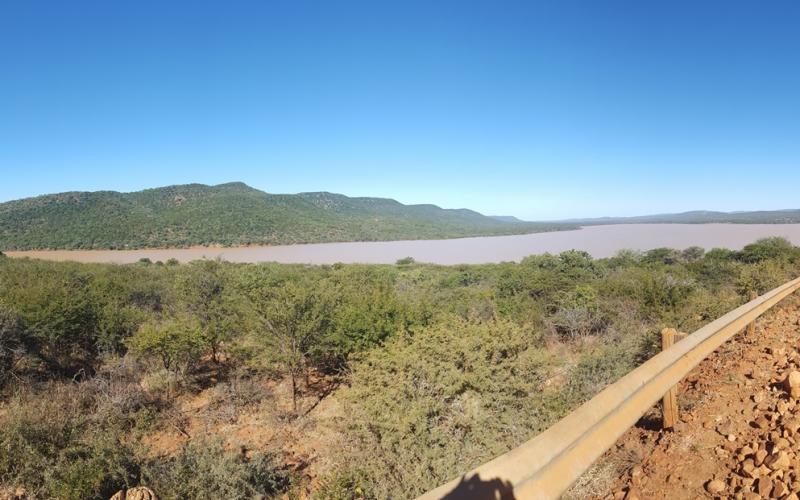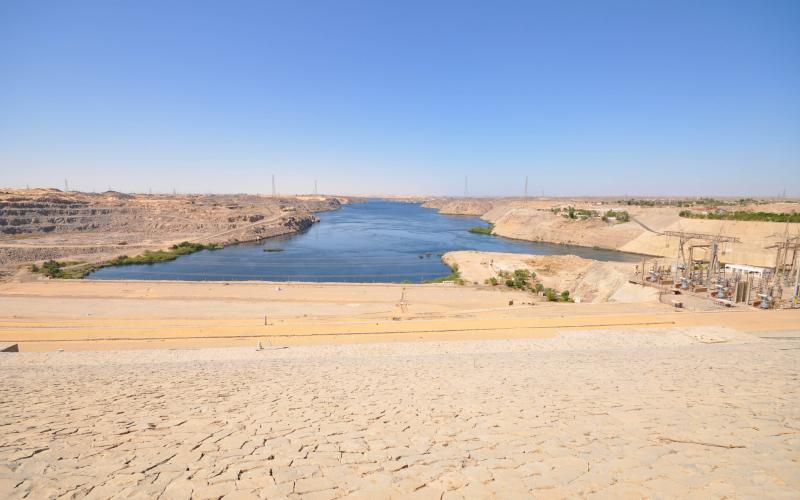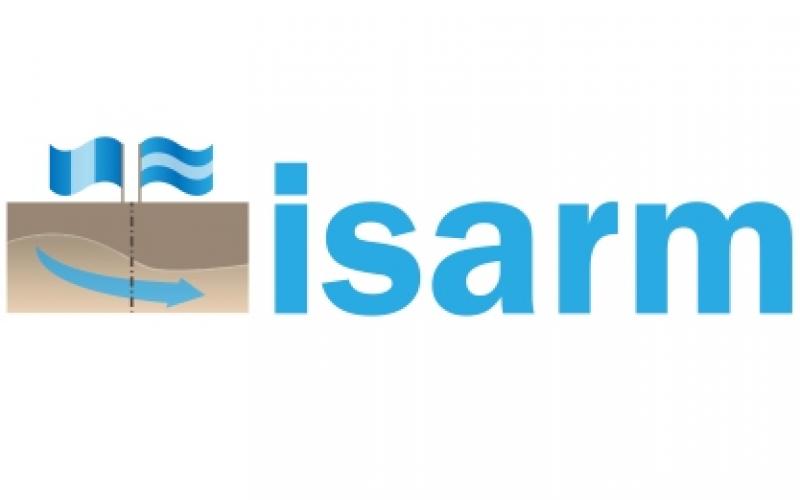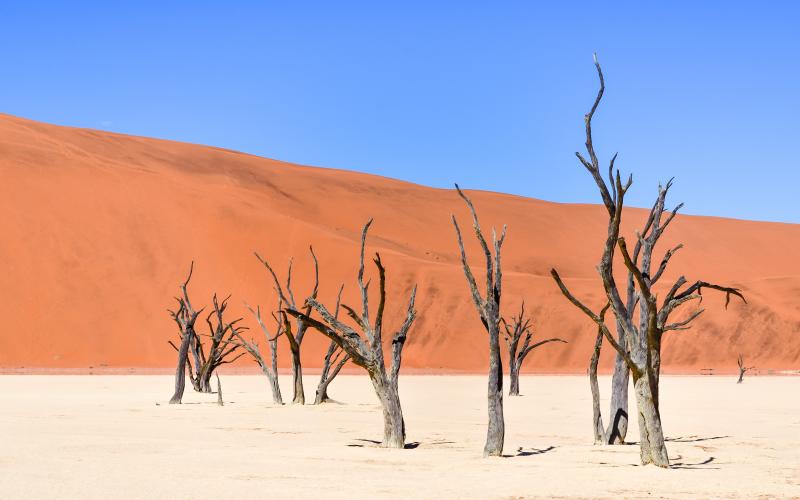In 2013, Varady et al. defined groundwater governance as ‘the process by which groundwater is managed through the application of responsibility, participation, information availability, transparency, custom, and rule of law. It is the art of coordinating administrative actions and decision making between and among different jurisdictional levels one of which may be global.’ Groundwater is a common-pool resource and is often utilized at an individual scale regardless of overall impacts to an aquifer resulting in a ‘tragedy of the commons’ situation. The fact that most groundwater is accessible without many costs or requirements for monitoring exacerbates these issues. Negative impacts to the resource remain unseen and become evident only when adverse impacts to human and ecological health occur due to contamination and/or over pumping. Consequently, the planet is in the midst of a ‘silent revolution,’ stemming from the proliferation of groundwater use and the near absence of legal and managerial oversight under governance frameworks.
Comprehensive governance of groundwater resources is critical to preventing and mitigating the aforementioned threats to groundwater resources. Yet, there are myriad obstacles to adopting groundwater governance frameworks. Lack of scientific and technical knowledge about specific transboundary or national aquifers is one of the major challenges to proper governance. Groundwater development may occur over an extended period of time before anyone recognizes a problem. The unexpected drying of wells, reduction of base flow, or emergence of communal health problems may spark conflict in areas where groundwater management was not previously a priority. Without adequate technical understanding of aquifers, actors may not properly identify the source of aquifer pollution or depletion and may be prone to blaming each other for mismanagement. Thus, absent some efforts to manage the aquifers, it is unlikely that any advanced technical understanding will be pursued. This paradox is the crux of the groundwater governance challenge and perhaps explains why groundwater governance regimes are so sparse today.
In general, legal instruments for groundwater governance are in their infancy. Compared to surface water, there are few legal and institutional tools designed to specifically manage groundwater resources and those that do exist are generally at the sub-national level and perhaps the aquifer or sub-aquifer scale. This could be explained by understanding how law itself develops across the global, transboundary and national levels. The most influential source of global international law is state practice. In other words, how states are interacting with each other regarding a certain topic in the legal regime. While, numerous states have developed national frameworks governing groundwater there is very little to be said about state practice with regard to transboundary aquifers. There is only one transboundary agreement that goes so far as to establish a system for allocating transboundary groundwater resources. There are several global rules and agreements that embody some aspects of customary international groundwater law. Nevertheless, these frameworks have not been developed congruently and do not always contain compatible principles and norms. This leaves much room for improvement in terms of the development of groundwater governance frameworks and the legal institutions that may underpin them.
IGRAC and Groundwater Governance
Groundwater Governance is an emerging issue with an emerging, global community of practice. IGRAC is highly active in this community through its project work and internal initiatives. In the recent past, IGRAC contributed to the GEF Groundwater Governance project by co-authoring the thematic paper 'Groundwater Policy and Governance' and actively contributing to four regional consultations worldwide. This project made the first global effort to consolidate a shared vision on groundwater governance and propose a set of globally valid guiding principles that should inform groundwater governance at all levels.
IGRAC has also participated in consultations for and contributed to the policy guidance note from the UNECE initiative on ‘Quantifying the Benefits of Transboundary Water Cooperation.’ The written and verbal contributions highlighted the state-of-the-art in benefit assessment for groundwater and transboundary aquifers and recommended starting points for countries wanting to undertake such an assessment.
Currently, the IGRAC is piloting a Groundwater Serious Game and tailoring a groundwater information system for the Groundwater Futures in Sub-Saharan Africa (GroFutures) project lead by Prof. Richard Taylor from UCL. The project aims to develop the scientific basis and participatory processes by which groundwater resources can be used sustainably for poverty alleviation in Sub-Saharan Africa. The Groundwater Serious Game was originally developed by Frank van Weert and is based on Garrett Hardin’s theory and article ‘The Tragedy of the Commons’ (1968). The game will be used in the project as an awareness rising tool between stakeholders to help them to understand the dilemmas faced by small- scale farmers seeking effective and equitable ways to manage their groundwater resources individually and collectively to irrigate their land.
IGRAC is also funding PhD level research for a project with Prof. Joyeeta Gupta of University of Amsterdam. This project analyzes patterns in the emerging groundwater governance framework at the global, transboundary and national levels with an in-depth focus on governance in the Stampriet Transboundary Aquifer. This project has both benefitted from and supported multiple projects and partnerships. It has also increased and shared knowledge about groundwater governance through publications such as ‘Legal Pluralism and Groundwater’ featured in the Current Opinion in Environmental Sustainability Journal and IGRAC report entitled ‘Factors Enabling Transboundary Aquifer Cooperation.’
Past and present cross-cutting governance activities include participation in the GEF IW:LEARN Project and the management of the Global Groundwater Forum for its Community of Practice as well as the development of a course on Groundwater Resources in River Basin Management in partnership with BRG and GW Mate for African River Basin Organizations.







![Stampriet fieldwork [Credit Kirstin Conti (former IGRAC staff)]](/sites/default/files/styles/related_projects/public/2020-02/2015_Stampriet_Fieldwork-Kirstin_Borehole1.jpg?itok=HgfOj11C)



